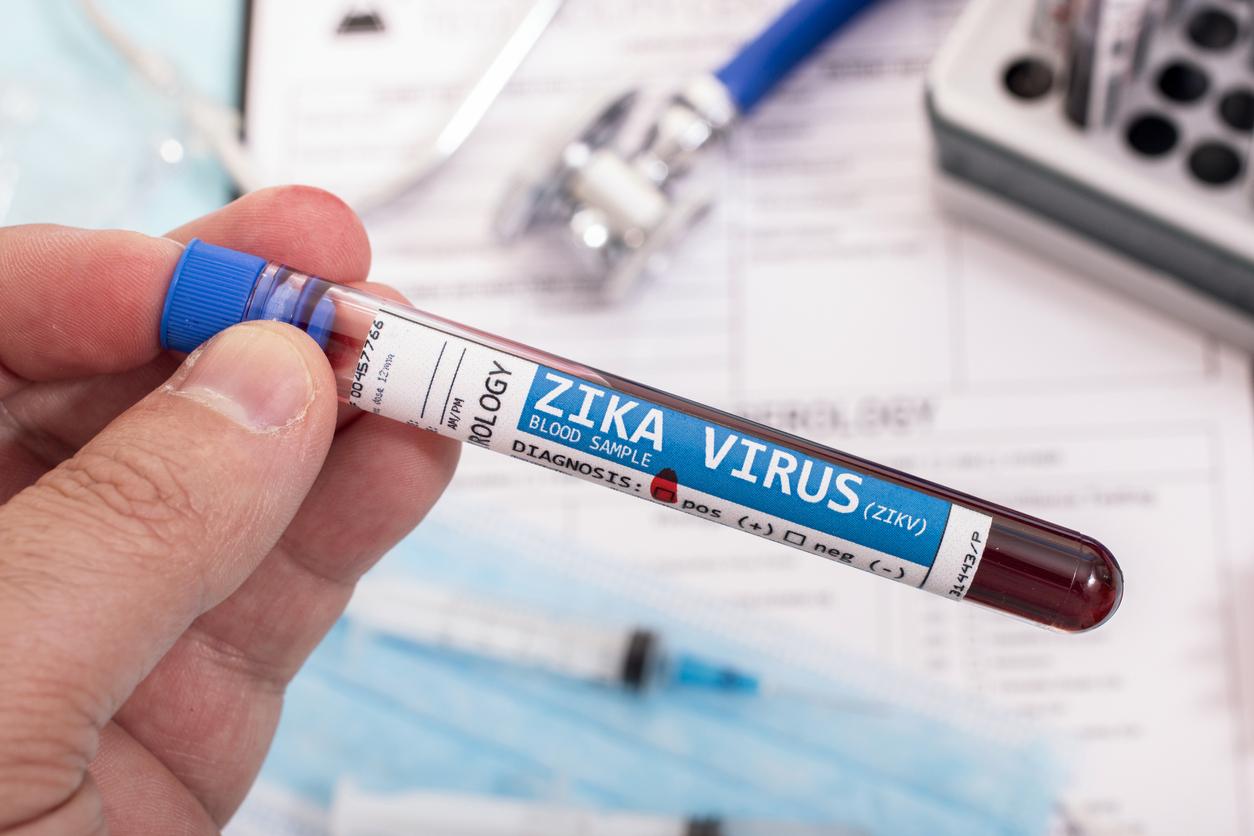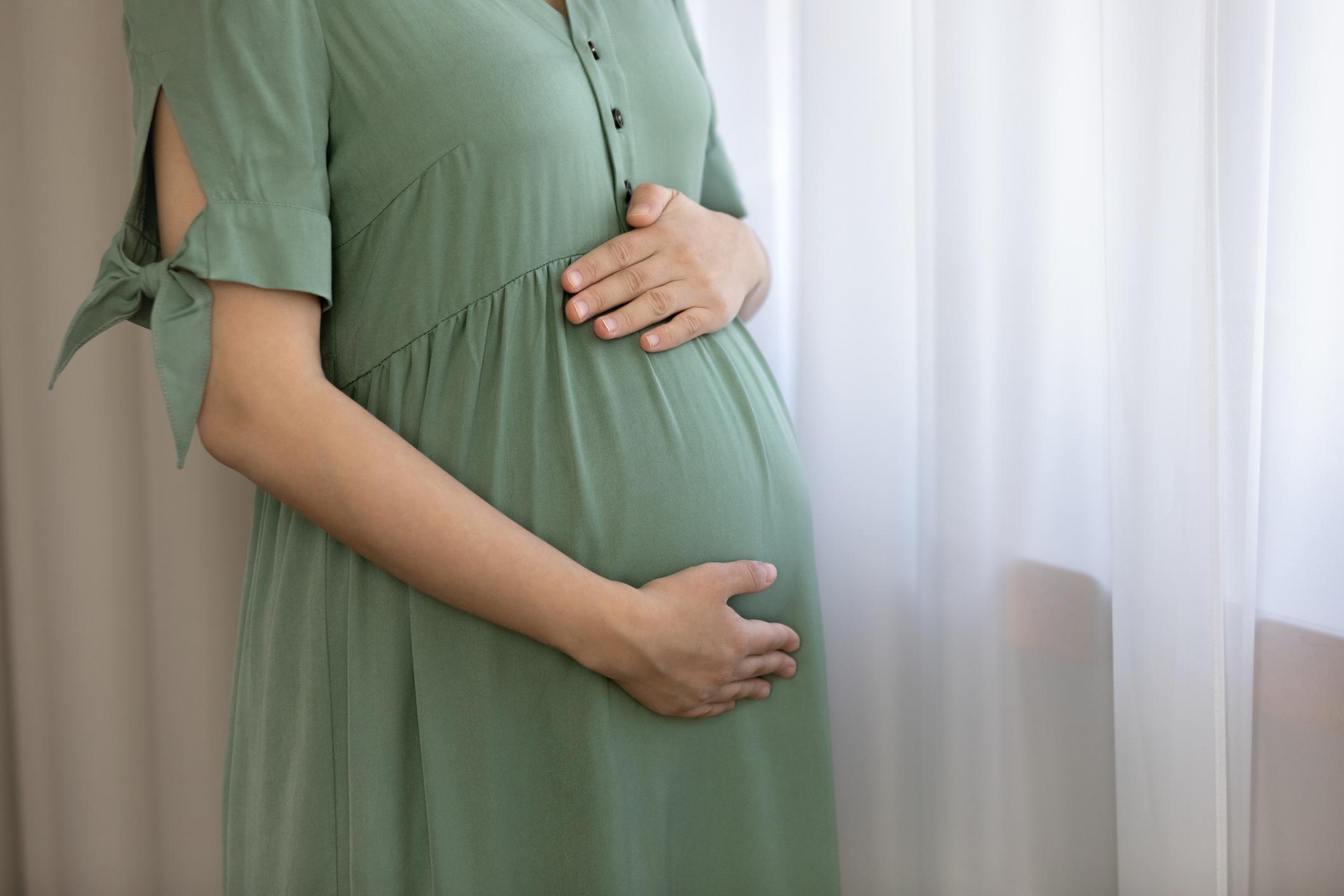South America, Central America, West Indies… If you are planning to travel to one of these areas affected by the Zika virus, be sure to follow a few precautions for up to two months after your return. L’World Health Organization (WHO) has indeed extended its recommendations on safer sex after a trip to the Zika zone from one to two months. To limit the risk of infection, the WHO therefore recommends the use of a condom or recourse to abstinence. This period must reach six months “whether the male partner has symptoms“, even specified the WHO.
Zika is sexually transmitted
If the WHO calls for such caution, it is because the Zika virus can be sexually transmitted. Several cases have already been observed in the United States and, in France, last February, a man returning from a trip to Brazil infected his partner. In the event of unprotected intercourse, the partner carrying the virus therefore risks infecting his or her partner. In addition, if the partner is already pregnant at the time of the contaminating sexual intercourse, there is a risk for her fetus to develop a microcephaly even to suffer fromeye abnormalities.
Pregnant women should be careful
WHO reminds pregnant women to minimize the risk of contaminationin protection from mosquito bites Aedes, the main vector of the virus and to use condoms if they live in an area affected by the epidemic. The Organization also advises pregnant women living outside infected areas not to plan a trip there.
>> To read also:
Is metropolitan France at risk of a Zika epidemic?
Zika: the WHO against a postponement of the Rio Olympics
The Zika epidemic would be the result of the abandonment of mosquito control
















